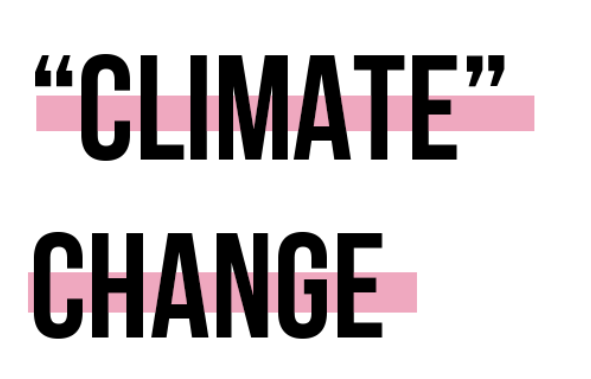“Climate” Change
MVHS still has work to do after its 2019 Distinguished School honor

April 10, 2019
MVHS was named a 2019 California Distinguished School in February among 162 middle and high schools across the state. Of the 10 schools in Santa Clara County who were honored, only three were high schools, two of which came from FUHSD — MVHS and Lynbrook HS.
According to a news release by the California Department of Education, schools are named California Distinguished Schools by “achieving exceptional student performance for two consecutive school years or closing the achievement gap between two school years” and represent “examples of not just excellent teaching, learning, and collaboration, but also highly successful school climate efforts.”
The level of academic achievement at this school is undeniably high. According to education-based nonprofit organization GreatSchools, MVHS students achieved 90% proficiency for math and 89% for English compared to state averages of 39% and 50%, respectively, in 2018.
But despite the California Department of Education’s commendation, MVHS does not truly promote a healthy environment for its students.
While it is nice that our school is being recognized for its excellence, the truth is we still have lots of room for improvement. And the first step to achieving a truly healthy school environment is by taking an honest look at our school. Every day, students can be heard describing the school environment with a single word: toxic.
Academic performance among different subgroups varies drastically at our school, with a majority-Asian student body masking many of the challenges we need to address in other groups: racial minorities, English Learners and the socioeconomically disadvantaged. MVHS is making progress in racist undertones that have plagued the school for years, but our problems aren’t solved. In particular, our Latino population is among the more disenfranchised and we could do more to directly address these issues.
The emphasis on overachiement at MVHS has also spawned a toxic culture of comparing grades and achievements. Cutthroat competition drives us away from healthy friendships, as every test or extracurricular achievement becomes a chance for our peers to outperform us in the perpetual race to college. Families around Cupertino often have the financial ability to hire tutors and college counselors for academic support, widening the gap in academic performance between high and low income students as well as raising standards for the entire city.
This culture leads students to fall into a mindset of determining their worth by the grades and test scores they earn instead of who they are as people. Anyone who fails to buy into the academic focus at MVHS is viewed as incapable and unsuccessful, and peer pressure causes many students initially unaccustomed to the rigorous culture to adopt the same over-competitive mindset.
This isn’t to say that MVHS doesn’t have good qualities. Most of us have the privilege to focus on our education, rather than having to battle harsh addictions or struggling to make ends meet financially. College graduates often return to MVHS grateful for how well the school prepared them for college. But hidden beneath a host of awards and high academic test scores are a slew of problems which MVHS fails to address.
Part of the solution is to change our mindset when receiving awards like the California Distinguished School honor. Becoming complacent is the easiest way for us to ignore our school’s problems. With each accolade we receive, it’s easier to accept that we truly are better than the rest and that no immediate changes are necessary.
As students, we should try to expand our focus beyond grades or a future of goals laid out strictly before us — instead, we should work on adapting and thriving regardless of our environment and try to place more emphasis on things like empathy for one another and mental wellbeing. As a school, we need to face our problems head on, from supporting underperforming groups to setting reasonable expectations for students. Only then we can reach a truly highly successful school climate.

















